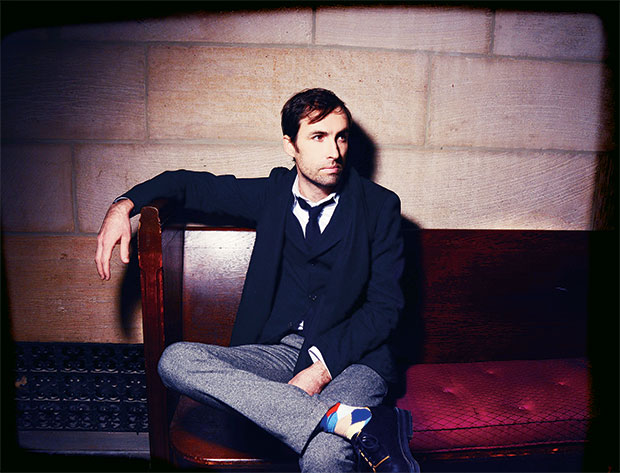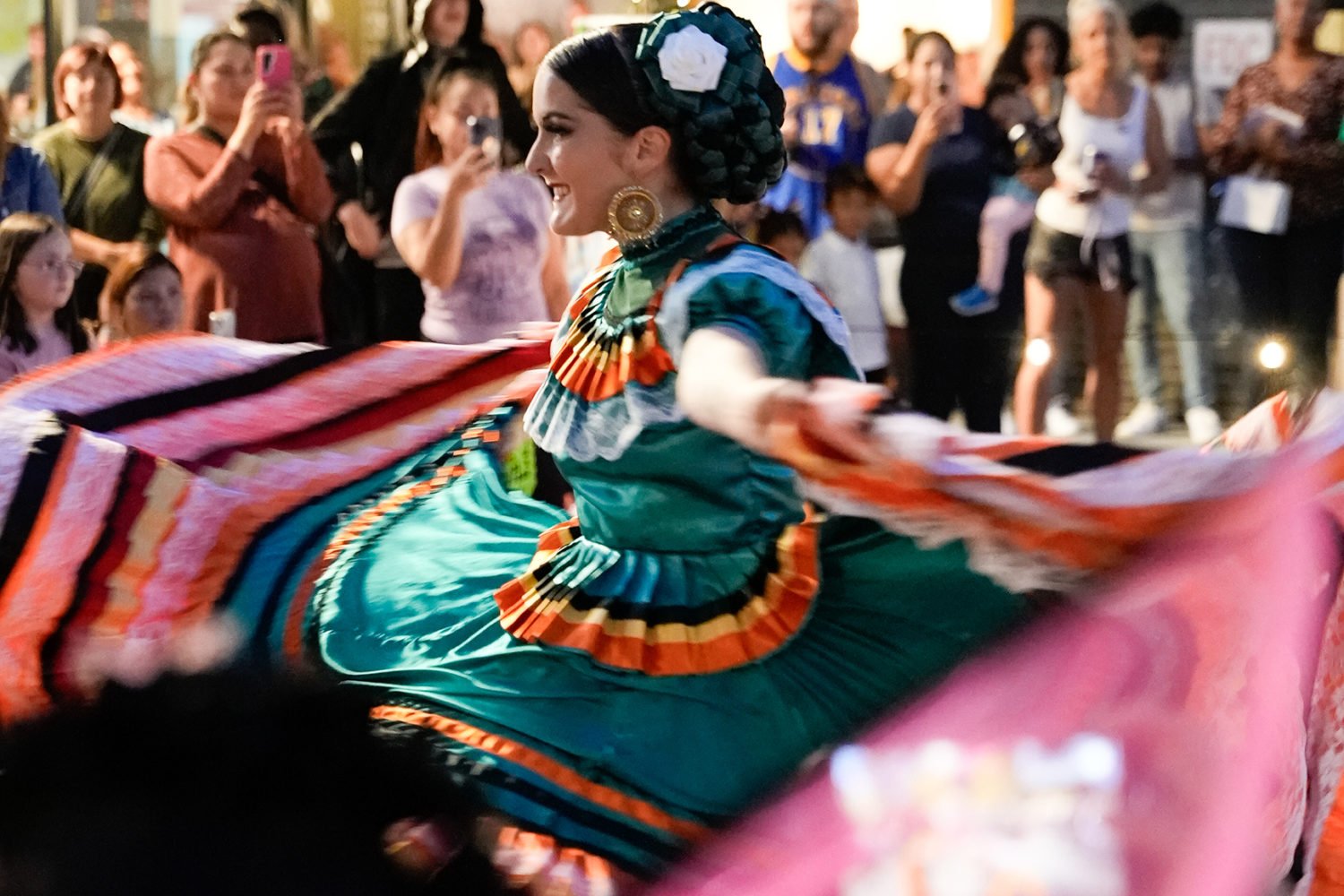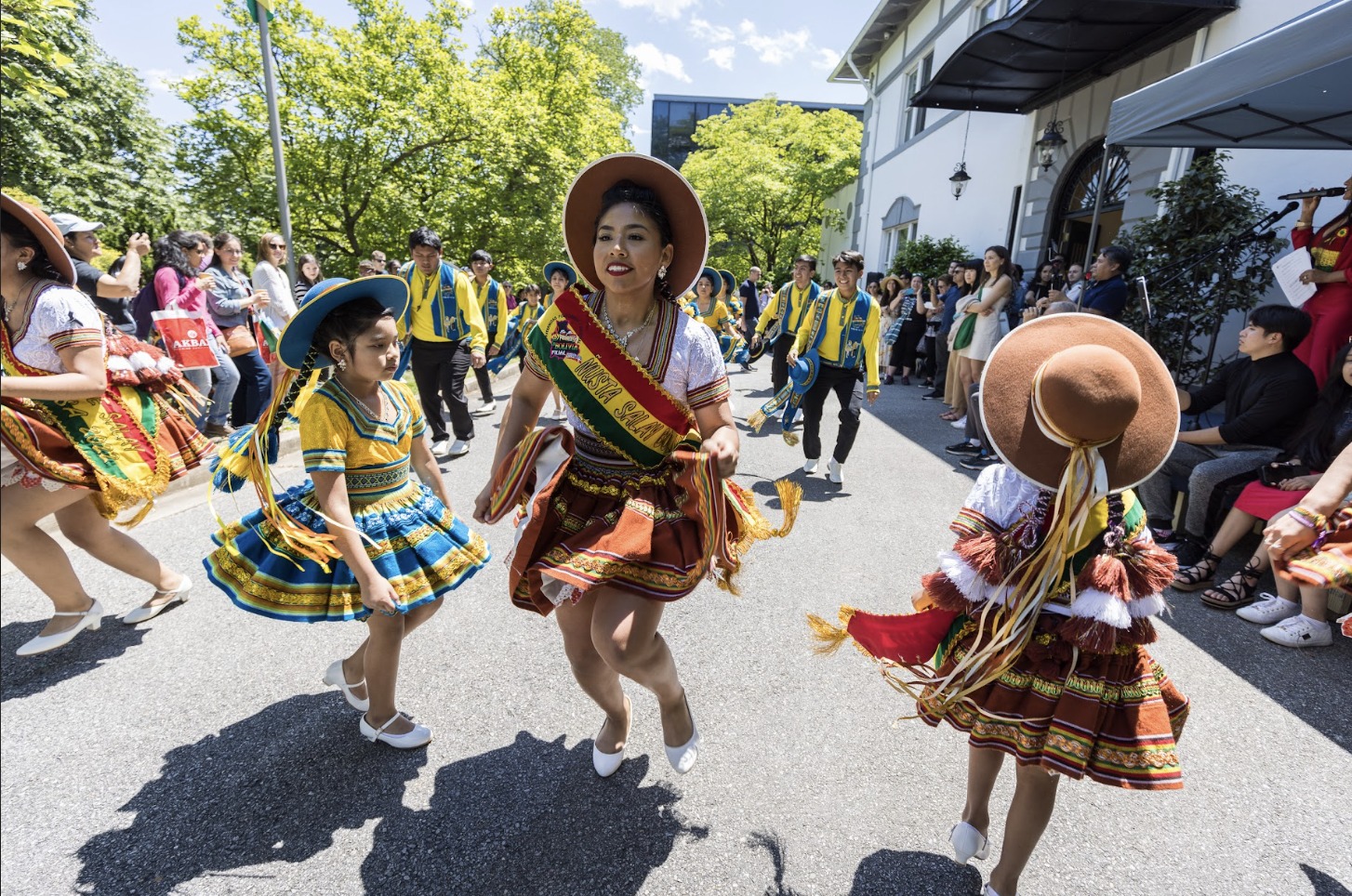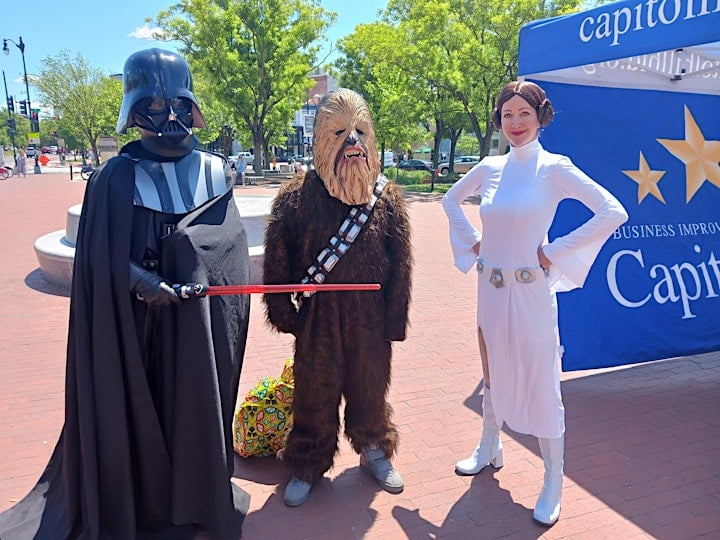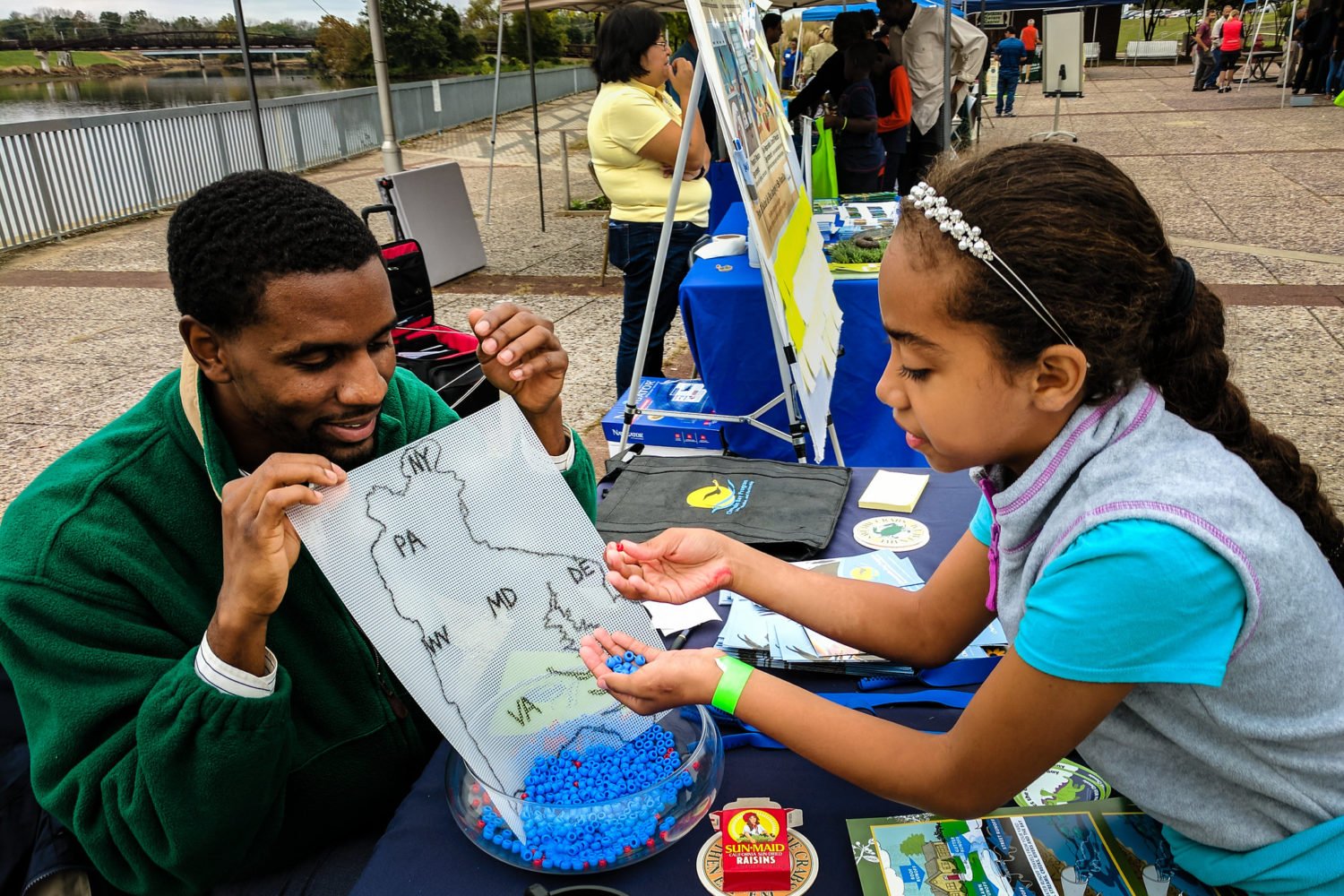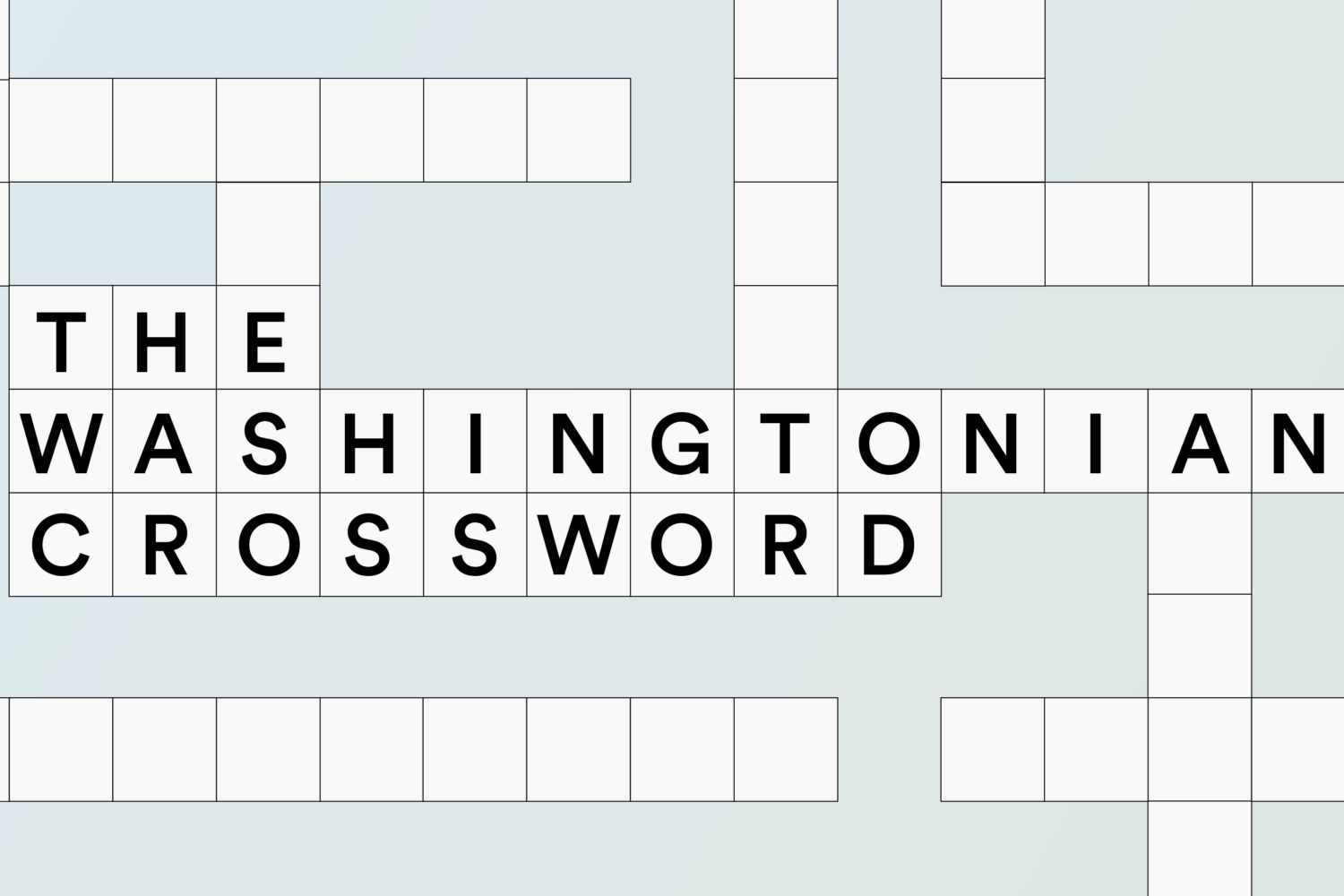Andrew Bird might be the only classically trained musician as well known for his whistling as for his violin skills. The singer/songwriter/multi-instrumentalist, 40, has been making albums for nearly two decades, including last year’s EP, I Want to See Pulaski at Night. He and his current band, the Hands of Glory— Tift Merritt, Alan Hampton, Kevin O’Donnell, and Eric Heywood—play DC’s Lincoln Theatre June 8 and 9. We caught up with Bird to talk about his current tour, his favorite type of music venue, and blogging about his songwriting process.
How are you spending your time until you start the tour?
I’m making a record that’s turning around really quickly in May of all Handsome Family songs. They’re old friends of mine, brilliant songwriters, and I’ve been covering their songs for years, so it seemed about time I do a whole record of their songs. One of my life’s missions is to show people just how good they are. They’re a duo—she writes the lyrics, he writes the melodies, so it’s kind of a rare division of labor, kind of old-school—and I like to take what they’ve done and try to bring out what I’m hearing in the songs. With my Hands of Glory band, we’re gonna knock this record out and have it ready by the summer. I already have artwork—it’s called Things Are Really Great Here, Sort of, and the art is a drawing of a sasquatch writing a letter to his folks from boarding school and he’s so big he’s broken his chair. You can gather what the story in the image is.
How does your relationship with cover songs differ from your relationship to your originals?
It’s liberating to do covers. Sometimes feel like I sing better on covers. It’s kind of like what I’m discovering when I read children’s books to my son—he’s three—I do it every night, and when it’s been a long day and I’m trying to not lose my voice, I adopt these ways of intoning the words, like a classic British actor. Whenever you adopt someone else’s voice and someone else’s words, you kind of inhabit these characters. It’s liberating to get out of your own head and your own voice in a way. When I adopt these voices I don’t lose my voice, but when I talk in my everyday voice it gets hoarse quickly. With covers, I don’t like to do them faithfully. A lot of people like to cover classic songs, but there’s no point in that; I like to find obscure stuff and say, “Check this out—here’s a great song that’s never been popular, and it should be.” It’s not a reverence, it’s, “I want to show you what’s buried inside this song and bring it out.”
You’re playing shows in quite a range of venues on this tour.
We’re going from DC’s show, which is seated in a nice big hall, to Cat’s Cradle in Chapel Hill, which is classic concrete rock club, then the Orange Peel in Nashville—we’re running the gamut from sweaty rock club to plush-seat theater to Bonnaroo. By the time we get to Bonnaroo we’ll have done all types of shows, but an outdoor festival is a totally different animal. You have to prepare seriously for shows like that, and it’s challenging because I don’t want to let us slip into electric-rock-band mode, especially with something as—I wouldn’t say delicate, but it’s more nuanced. The tambours should be acoustic, but how do you hit the back row of a massive field with your acoustic tambours? I don’t know if it’s going to work, honestly; we had to add drums, but otherwise this group has been drum-free. It’s just a practical thing: If you want to compete with the tent next door, where Wiz Khalifa’s playing, your sound has gotta have some wallop to it. It’s gonna be a challenge.
Is there one type of venue you prefer over the others?
I think a variety helps. If it’s too much of a plush-seat theater you get a bit of a disconnect; too many rock clubs and your fingers will get bloody in a few days, and it gets kinda ham-fisted. At the smaller, more intimate rock clubs I always have a good time. There’s a closeness with the audience—it’s sweaty, everyone’s inhaling each other’s perspiration. It’s gross but true, especially in the summer. I miss those days; we did years and years of that, on those smaller stages where the band is closer together. I have the most fondness for that.
You’ve occasionally written about songwriting for the New York Times Opinionator blog.
I don’t do it very often; most of the words I write end up in my songs. I have kind of an open attitude toward talking about the process. Even the way I play songs onstage, I say, “Hey, folks, I’m trying this out”; I adopt this posture, and it seems to work well for me, as if show is an open forum, which it really isn’t. As far as talking about it, it always threatens to get weird if you expose it too much, and it’s a blog, so it’s then open to comments and whatnot, which I never read. As you’re working on a song to then expose what you’re working on can start to affect the song. It started to create maybe too much self-awareness about what’s happening. After the last blog post I swore off doing it again—not that there’s anything wrong with it, but I’d done enough of it, and it kind of made me not want to look at the song again. For some songwriters, the idea of exposing your process is just mortifying, but to me it’s not really; I always learn something from it.
Do you ever find it hard to resist reading comments or reviews about yourself online?
I have no trouble staying away from the internet. I find songwriting to be a great medium to bring up things that we don’t seem to be talking about as a people. One of the things I love to stumble upon is words not necessarily in our vernacular that I myself don’t know what they mean, so the whole song is an act of puzzling through it. A lot of times I’m touching on things we should talk about as a people that we aren’t talking about, but most of this is coming from just a dialogue in my head, and a song hangs together because I happen to collect these ideas when I was thinking about this or looking at that. It’s not a very deliberate process, which is what makes the criticism very weird. Yeah, you’re directing it and you’re deciding, but otherwise these are things that were just bubbling in your subconscious and were pulled out of the daily flow of ideas and observations. I’m not gonna say they can’t be helped, but sometimes I don’t feel I’m responsible for them.
Andrew Bird and the Hands of Glory play the Lincoln Theatre Sunday, June 8, at 6:30 PM (Monday’s show is sold out). Tickets for the Sunday show ($45) are available online.
A version of this article appears in the June 2014 issue of Washingtonian.

